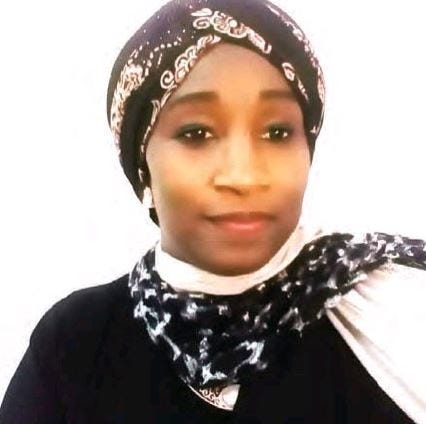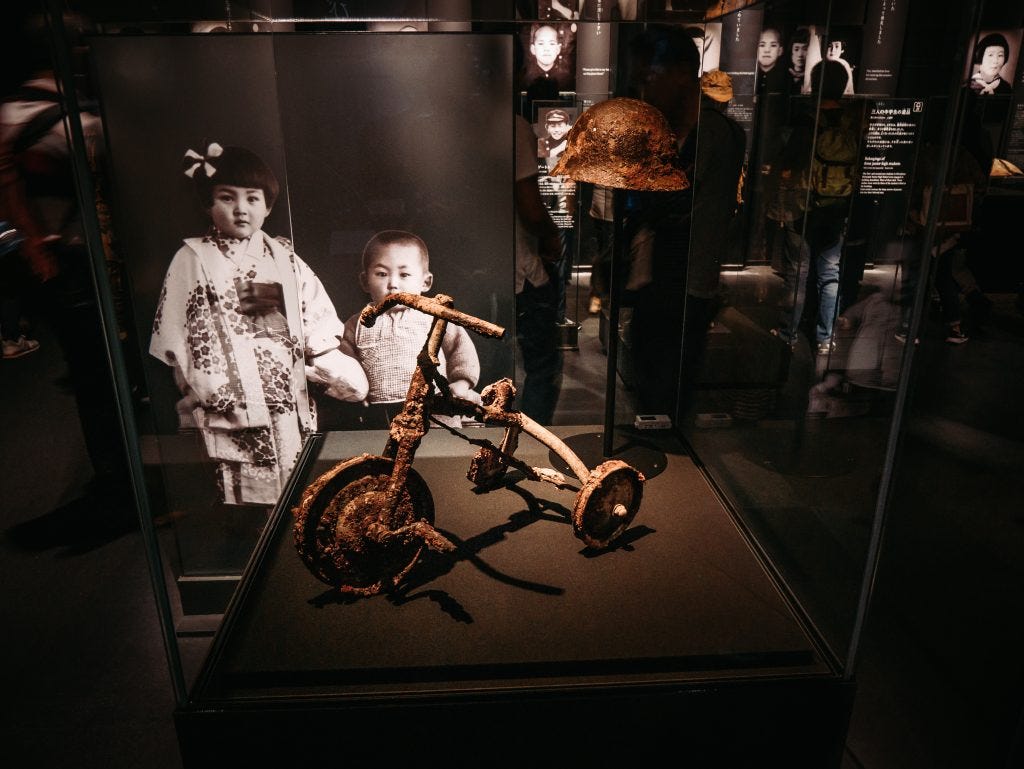The big mistake we make when teaching students about nuclear war
It's not enough to say they are dangerous and threatening and expect students to "get it."
I have been hearing peace educators describe their experiences teaching students about nuclear war since I became chairperson of PeaceQuest earlier this year. What they are saying is not good.
There are many challenges to speaking to student about the complex, sometimes technical, and utterly mystifying aspects of nuclear weapons.
Deterrence, the NPT (and other acronyms), Mutually Assured Destruction, fissile materials…the list of difficult concepts goes on and on. Even worse, more mature students may take a pro-nuclear proliferation position, rather than understanding the need for disarmament.
Nigeran International Humanitarian Law Professor Fatima Alkali’s experience is no different.
Fatima Alkali is an Associate Professor of international humanitarian law at Nile University in Abuja, Nigeria
It’s “deafening and exhausting for an IHL teacher,” she writes in the Journal on Humanitarian Law and Policy. “A common thread of thought is gleaned from the often-asked question: ‘if the superpowers persist in maintaining their nuclear weapons, what is the justification for preventing other States from acquiring theirs?’”
Dr. Alkali says the problem may stem from how we discuss nuclear weapons. “Over time, it becomes clear that it does not suffice to state the law as it is and expect students to immediately ‘get it’. Questions always spiral back.”
Instead, as peace educators we should begin at the beginning of the nuclear age, to impart to students the devastating impact of nuclear weapons.
“The starting point in any discussion about nuclear weapons should be their terrifying explosive yield. Historical records of the catastrophic effects of the detonation of atomic bombs on the Japanese cities of Hiroshima and Nagasaki in August 1945 reveal horrid facts about the devastation caused by weapons of much lesser effects than the ones harbored in the military arsenals of some nuclear weapons’ possessors today,” she writes.
As the landmark Treaty on the Prohibition of Nuclear Weapons (TPNW) is joined by more countries, edging closer to its entry into force with 50 states parties, we can use the momentum of this emerging consensus against nuclear weapons to help students understand the urgent need for disarmament.
READ MORE BELOW
“Every drop of energy exerted in fighting for a world free of nuclear weapons is important. World leaders and policy-makers, non-governmental activists, teachers and their students; all have a role to play in their circle of influence, from the diligent ratification of the relevant treaties to a march to raise awareness and spread the word,” says Dr. Alkali.
You can learn more about African nations’ leadership in banning nuclear weapons from her article, “A world free from nuclear weapons: a call to action from Nigeria," published this month by the Journal of Humanitarian Law and Policy.





